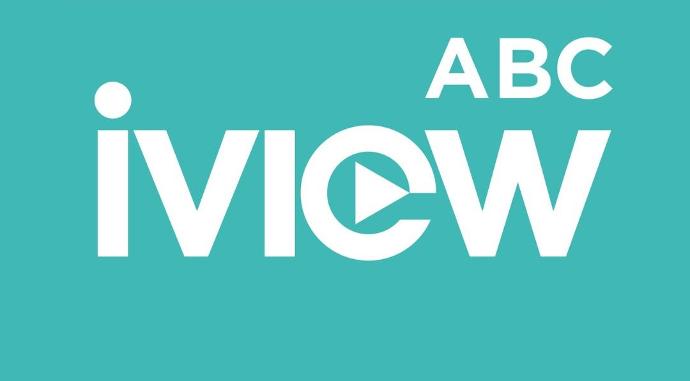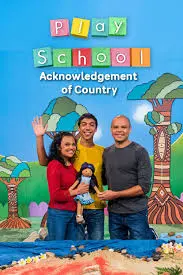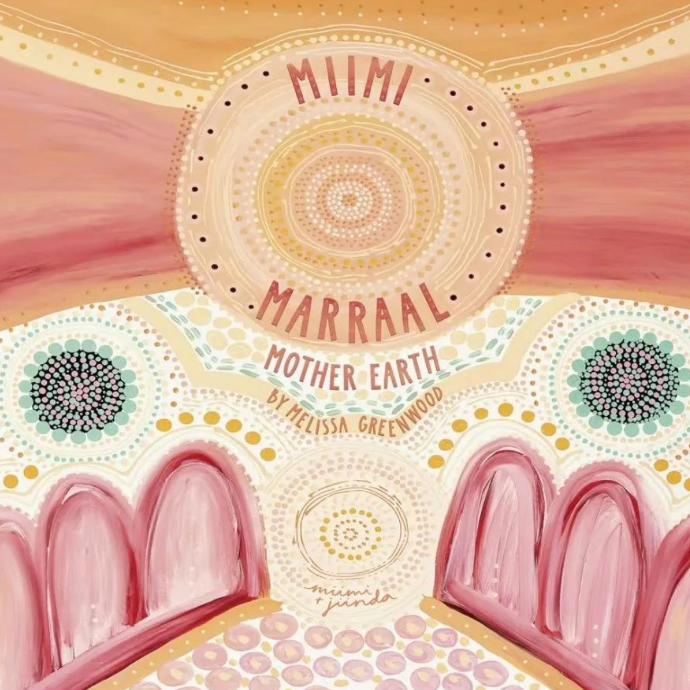2025 NAIDOC Week Theme: The next generation: Strength, Vision & Legacy
Held in the first week of July each year, from Sunday to Sunday is National NAIDOC Week. This year marks 50 years of celebrating NAIDOC week and it is an opportunity to acknowledge and learn about the history, cultures, and achievements of Aboriginal and Torres Strait Islander peoples and for all Australians to take part in celebrating the world’s oldest continuous living cultures. (NAIDOC Week | NAIDOC)
For educators and teachers, NAIDOC Week is a meaningful moment to create inclusive learning experiences, spark important conversations with children, and build connections with local Aboriginal and Torres Strait Islander communities through shared events and activities.
SBS have put together an amazing clip celebrating the 50th anniversary of NAIDOC incorporating the 2025 theme, you can watch it here SBS| Celebrating 50 Years NAIDOC Week
To honour 50 Years of NAIDOC celebrations across Australia, we have put together a list of resources researched by our Practice Advisor, Tara Hill.
2025 NAIDOC Poster Title - Ancestral Lines
This breathtaking artwork, titled Ancestral Lines, by artist Jeremy Morgan Worrall, who is a proud Ngarbal/Gomeroi man, honours the 2025 theme: The Next Generation – Strength, Vision and Legacy.
Jeremy shares how thinking of future generations draws him back to the strength of his Ancestors Lucy, Enoch and Nonie Wright, his Nanna Audrie and Mother Vanessa. Jeremy says “When I look back at my mob, it helps me see towards the future, it gives me hope and strength knowing what my mob have survived through and accomplished amid adversity”.
This poster is an incredible visual story and an invitation to hold space for cultural reflection, storytelling, and connection in your learning community.
Jeremy’s painting illustrates a series of songlines, cultural knowledge of lore, hunting, weaving and fishing, and the essence of Country through the protection and care for the land. It is a representation of his home, “The cold skies of Tenterfield with the swirling clouds and giant moon, a place around the fire is where the next Generation find their strength, vision and legacy”.


 We hope that this poster inspires critical reflection, storytelling, and culturally responsive pedagogy in your learning environment grounded in purpose, connection and care
We hope that this poster inspires critical reflection, storytelling, and culturally responsive pedagogy in your learning environment grounded in purpose, connection and care 


Head into Kmart or Target for a printed NAIDOC 2025 poster or download a copy here:
Download 2025 National NAIDOC Poster here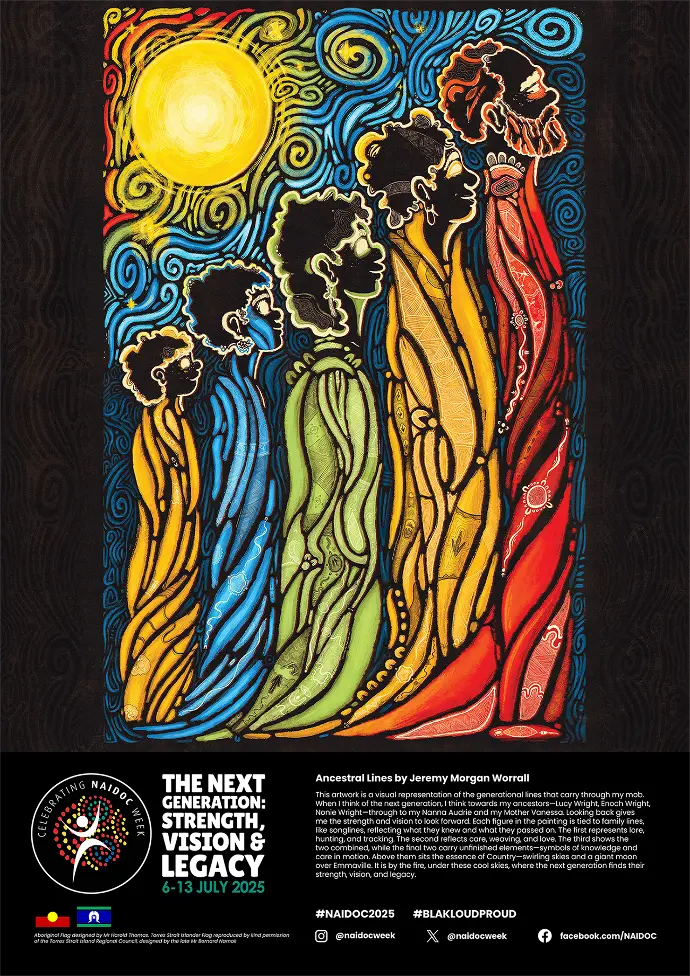
ABC iView Resources: CELEBRATE NAIDOC WEEK COLLECTION
ABC iView offers an incredible collection of videos that can enrich your early learning environment. These carefully curated programs provide a meaningful way to incorporate digital technologies, creating engaging group experiences that support learning, spark curiosity, and invite conversations with children.
Ninganah Lullaby - Bundjalung & Gumbaynggirr Country
Marringa Lullaby - Marringa means "sleeping" in Anindilyakwa
Piki Lullaby - Zenadth Kes ~ Torres Strait Islands
Tjitji Lullaby - Meaning child in the Anangu Pitjantjatjara Yankunytjatjara languages
Whose Country Am I On?
Wherever you are in Australia, you’re on the lands and waters of Aboriginal and Torres Strait Islander Peoples, the oldest continuing cultures on Earth.
The AIATSIS map of Indigenous Australia is a powerful visual resource that can support meaningful conversations with children in your service. You can use it to explore whose Country you are on, which language group it belongs to, and where the stories, books, and songs you share originate from.
Created in 1996 as part of the Encyclopaedia of Aboriginal Australia project, the map draws from historical and published sources to illustrate the diversity and depth of First Nations cultures. It highlights the general locations of language, social, or nation groups, reminding us of the rich cultural landscapes that continue to shape our shared story today.
AIATSIS Map of Indigenous Australia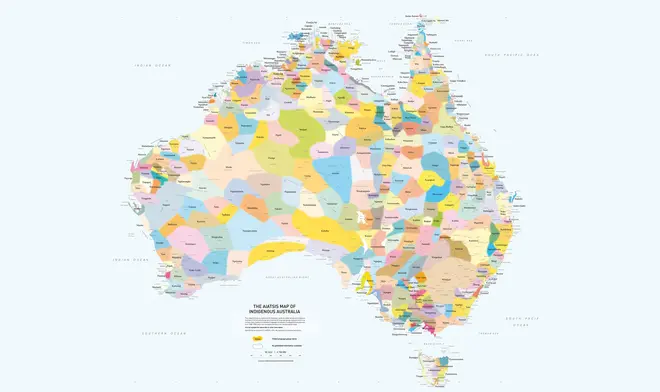
For Educators: Learn, Reflect, and Grow
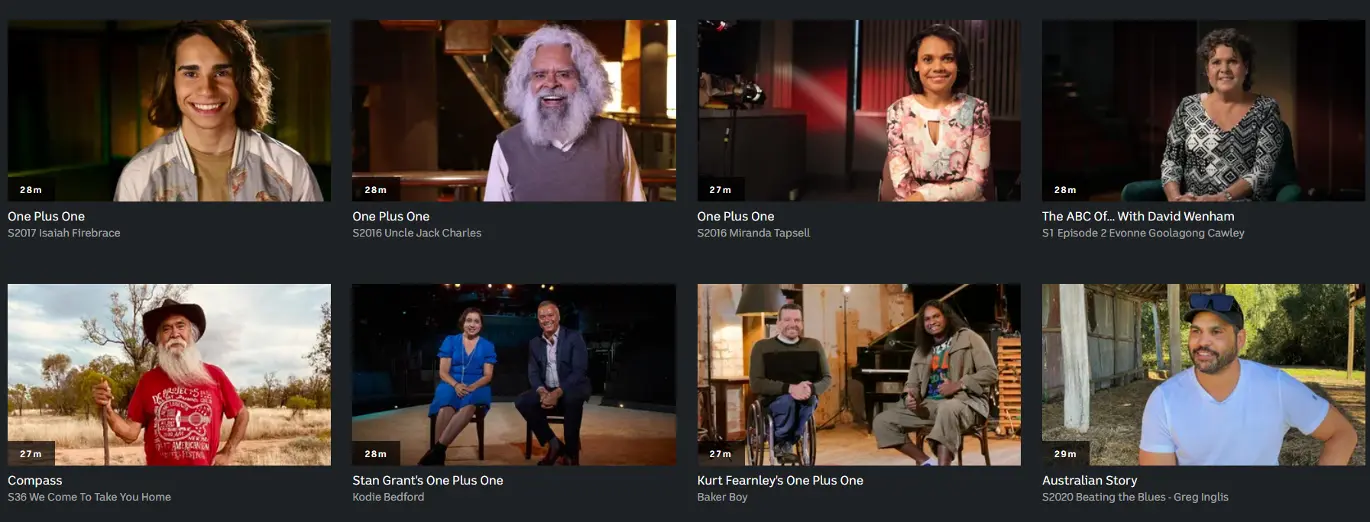
As we celebrate NAIDOC Week, we are reminded of the importance of continuous learning and walking together toward a future grounded in truth-telling, understanding, and cultural respect.
By honouring the strength, stories, and achievements of Aboriginal and Torres Strait Islander Peoples—the world’s oldest continuing cultures—we deepen our knowledge, reflect on our shared history, and engage more meaningfully in the work of reconciliation.
A powerful and accessible way to do this is through ABC iview, which hosts a rich collection of documentaries, series, and films created by and with First Nations voices. This platform is an invaluable personal and professional development resource for educators seeking to learn more about the histories, cultures, and ongoing contributions of Aboriginal and Torres Strait Islander peoples.
Explore, Listen, Learn: Here are some standout programs available on ABC iview to watch for FREE during NAIDOC Week and beyond:
- The Last Daughter – Brenda Matthews shares her journey of truth-telling, identity, and reconnection after being removed from her family as a child.
- The Dark Emu Story – Bruce Pascoe challenges colonial narratives, uncovering agricultural innovation and deep knowledge systems of Aboriginal people.
- In My Blood It Runs – Directed by Maya Newell, this film follows Dujuan Hoosan and his family as they navigate education, culture, and justice in Central Australia.
- Australian Story: A Voice from the Heart – Professor Megan Davis reflects on her leadership in the Uluru Statement from the Heart and the journey toward a Voice to Parliament.
- The Australian Dream – Featuring Adam Goodes, this confronting documentary explores racism, identity, and truth in modern Australia.
- Interviews and Profiles – Hear from powerful voices including Greg Inglis, Miranda Tapsell, Evonne Goolagong Cawley, Baker Boy, Isaiah Firebrace, and many more, as they share personal stories, cultural pride, and hopes for the future.
Whether you are just beginning your journey or continuing to walk alongside First Nations communities, ABC iview offers an impactful starting point for learning, unlearning, and evolving your practice in culturally responsive and inclusive ways.
We invite you to explore these stories and bring them into your thinking, conversations, and everyday work—because when we know better, we do better.
ABC iview NAIDOC Week
Acknowledgement of Country
An Acknowledgement of Country is a meaningful way to show respect for Aboriginal and Torres Strait Islander peoples and their ongoing connection to Land, Waters, Sky and Culture.
Unlike a Welcome to Country, which is delivered by a Traditional Custodian, an Acknowledgement can be shared by anyone at the beginning of a meeting, gathering, or event. There’s no set script, what matters most is speaking with genuineness, connectedness and taking the time to learn about the Country you are on.
Across Australia, educators are working with children to co-create their own Acknowledgements of Country. These rituals, often woven into the daily rhythm of early learning, honour Aboriginal and Torres Strait Islander peoples and reflect the deep respect for the land and community where children live, learn, and grow.
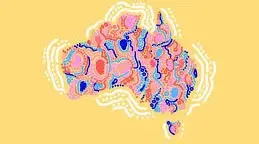
This Acknowledgement of Country features artworks by artist Arkie Barton and is narrated by radio broadcaster Rudi Bremer.
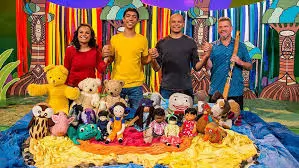
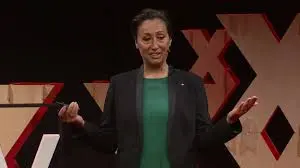
For Educators:
Deliver an Acknowledgement of Country that really means something
Shelley Reys
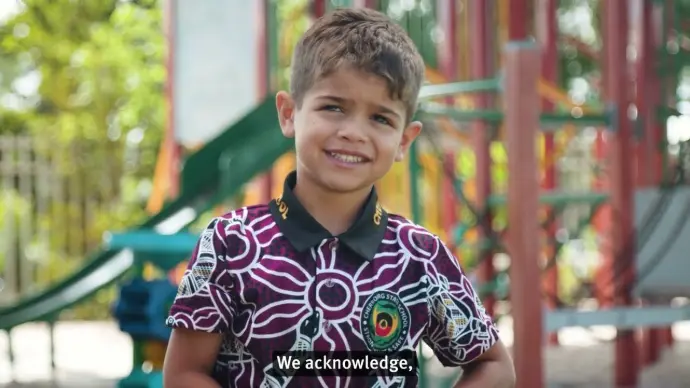
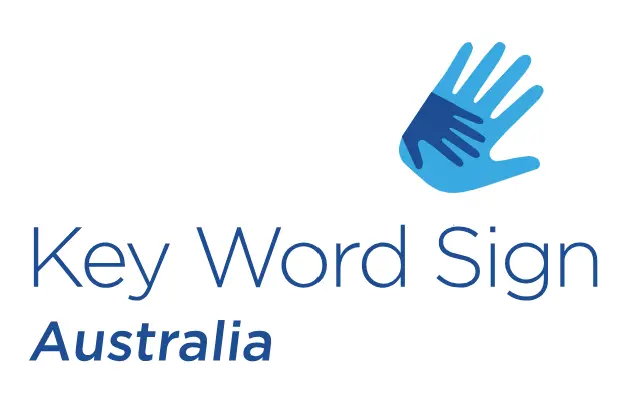
Acknowledgement of Country - Key Word Sign
Key Word Sign Australia
Inspiration for Hearts and Minds: Blogs, Videos, Podcasts and Music Playlists
We’ve gathered a selection of powerful blogs, thought-provoking podcasts, videos, and vibrant music playlists to support your NAIDOC Week journey. Some of these resources are for your own reflection and professional learning, while others can be shared with children to celebrate culture, spark meaningful conversations, and deepen connection.
Blogs & Resources:
Connecting the Dots Through Culture Blog
The Alice Springs (Mparntwe) Education Declaration
Uluru Statement from the Heart
Educator Voice: Advocating Indigenous Culture
Heartfelt Learning: Embracing and integrating Aboriginal and Torres Strait Islanders Culture in Early Education
Podcasts:
ABC KIDS News Time - NAIDOC Week Podcast
ABC KIDS News Time - NAIDOC Week: The Next Generation Podcast
ABC KIDS News Time - In This Together
Dreamy - Common Ground Podcast (Great for Rest time or Mindfulness experiences)
Videos:
What is an Acknowledgement of Country? - Shannon Ruska (Yuggera Country) | Archdioceasan Ministries
What is an Acknowledgement of Country and why is it important? - Andrew Peters (Yarra Yarra, Yorta Yorta Man) | Knox City Council
Celebrating Indigenous Australia with Traditional Place Names - Australia Post
Who are Aboriginal and Torres Strait Islanders | SBS Inclusion Program
Diversity is Fact - Allies and Friends |ABC Kids
For the love of YOU! - Allies and Friends | ABC Kids
Exploring the diversity in eye, hair, and skin colours - Allies and Friends | ABC Kids
I Am Me - Song by Sharron mirii Bell | Children's Right's Queensland
Music Playlists and Songs for Children:
NAIDOC week Music for Children - playlist by em | Spotify
NGAMA - Album by Sharron mirii Bell | Spotify
Bunyingganha - Album by Sharron mirii Bell | Spotify
Yarrabil: First Nations Songs 2024 | ABC
Yarrabil Bula: First Nations Songs 2025 | ABC
Ayarra Emeba (Calm Songs) - by Emily Wurramara |Spotify
Songs for Charlie - Album by Loren Ryan | Spotify
Inanay - Tiddas |Spotify
Follow the Sun - Album by Emma Donovan | Spotify
Moegi Kaziw Nawul - Album by Kiki D | Spotify
Music Playlist and Songs for Educators -
NAIDOC Week - by CSIRO | Spotify
Waku - Minaral A Minalay - Album by Christine Anu | Spotify
Flame Trees - Loren Ryan | Spotify
Deepening Our Commitment to Reconciliation during NAIDOC week: Spotlight on Narragunnawali and Reconciliation Action Plans in Early Childhood settings
National NAIDOC Week offers educators a vital opportunity to reflect, connect, and strengthen our commitment to reconciliation in meaningful and ongoing ways. For early childhood and school settings, one powerful avenue for this work is through the Narragunnawali: Reconciliation in Education platform.
Narragunnawali supports schools and early learning services to build and sustain a Reconciliation Action Plan (RAP), which is a formal and public commitment to reconciliation. But it’s far more than a document. A RAP is a living, evolving framework for embedding respect, understanding, and meaningful action within our learning communities and Narragunnawali has a range of incredible resources to support this journey.
Whether your service is just beginning your reconciliation journey or looking to deepen existing initiatives, the Narragunnawali platform offers a supported, scaffolded process tailored to education contexts by guiding how we:
- Build and nurture authentic relationships with Aboriginal and Torres Strait Islander peoples
- Embed First Nations perspectives across curriculum and pedagogy plans
- Create culturally safe environments that honour truth-telling and celebrate cultural identity
As we mark NAIDOC Week on our calendars and curriculum plans, let's also commit to taking actionable steps towards reconciliation through truth-telling, building meaningful relationships and authentic cultural experiences for children to explore.
Narragunnawali: Reconciliation in Education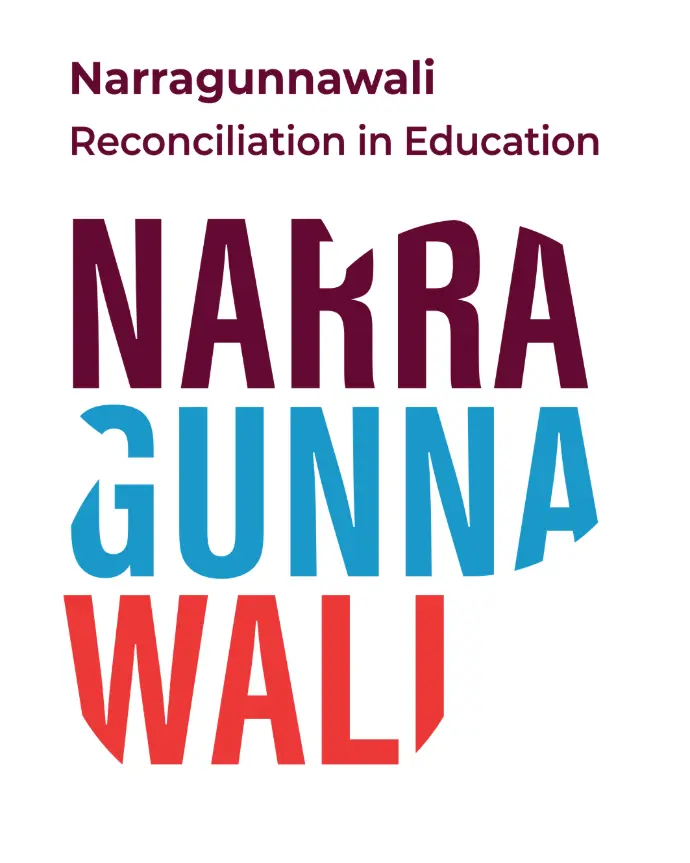
Books for Children
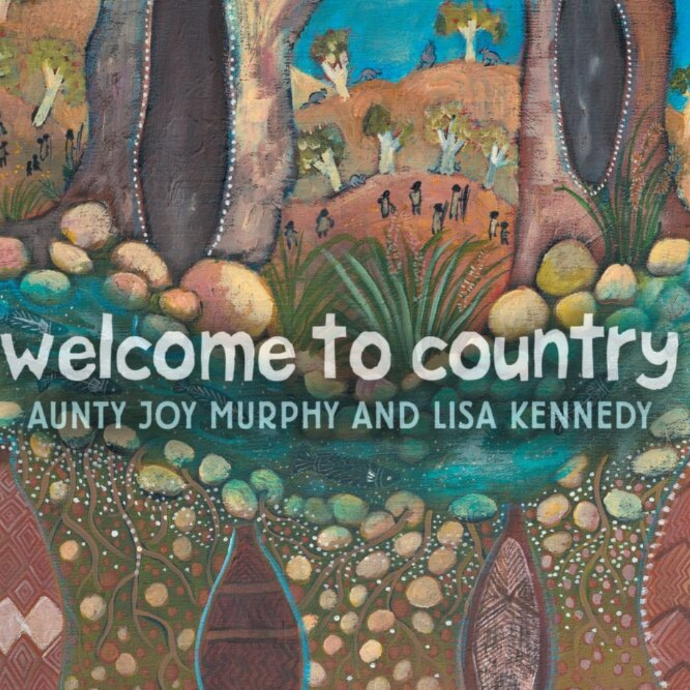
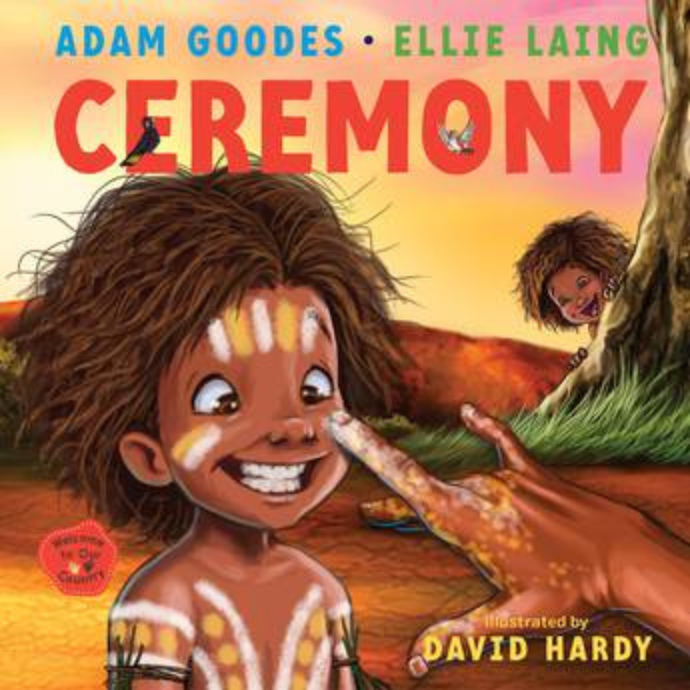
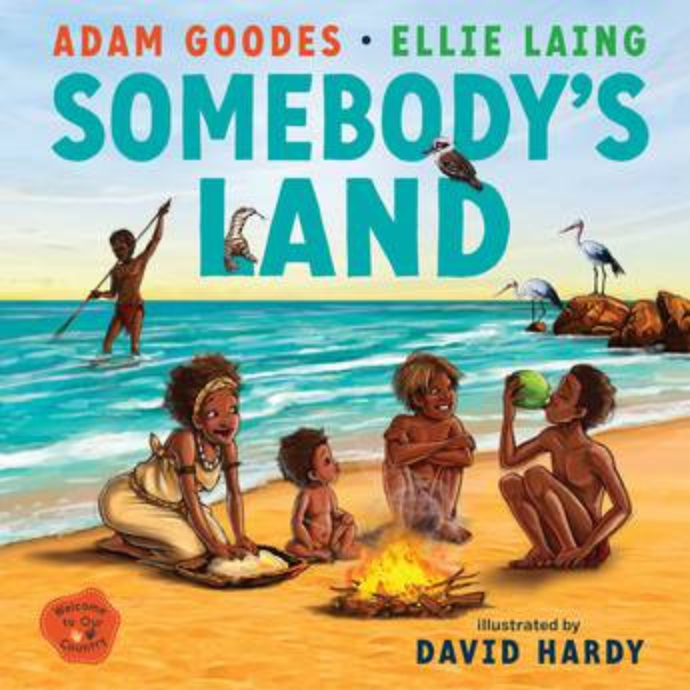
Somebody’s Land: Welcome to Our Country
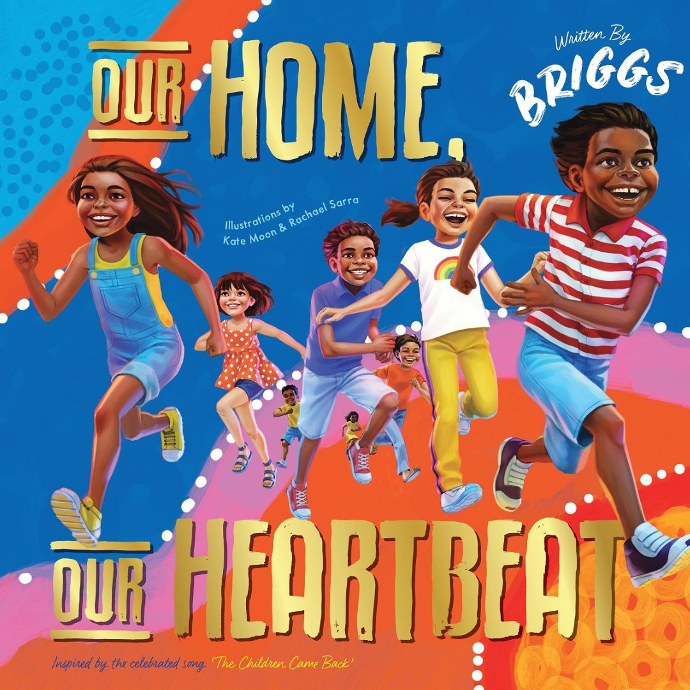
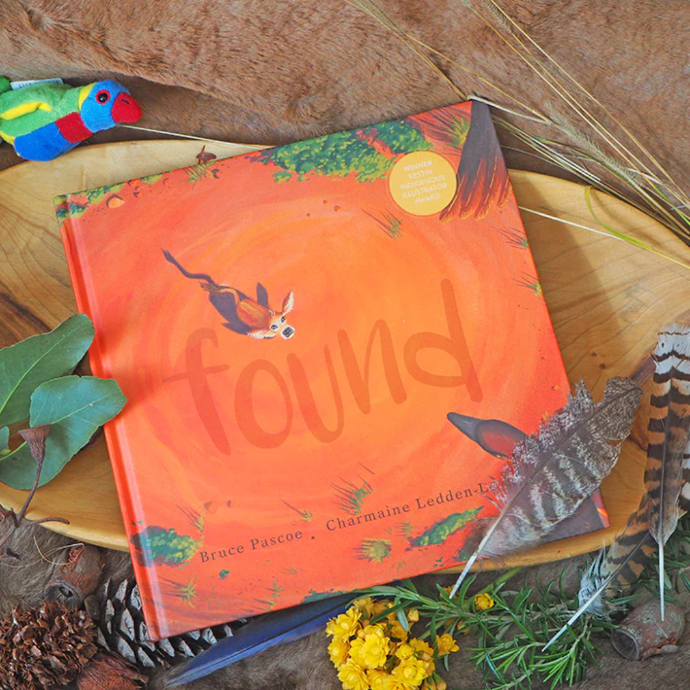
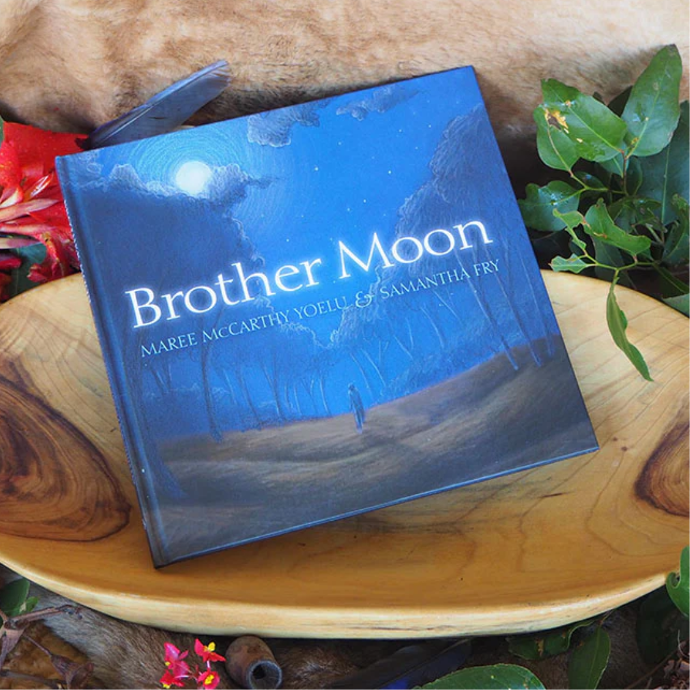
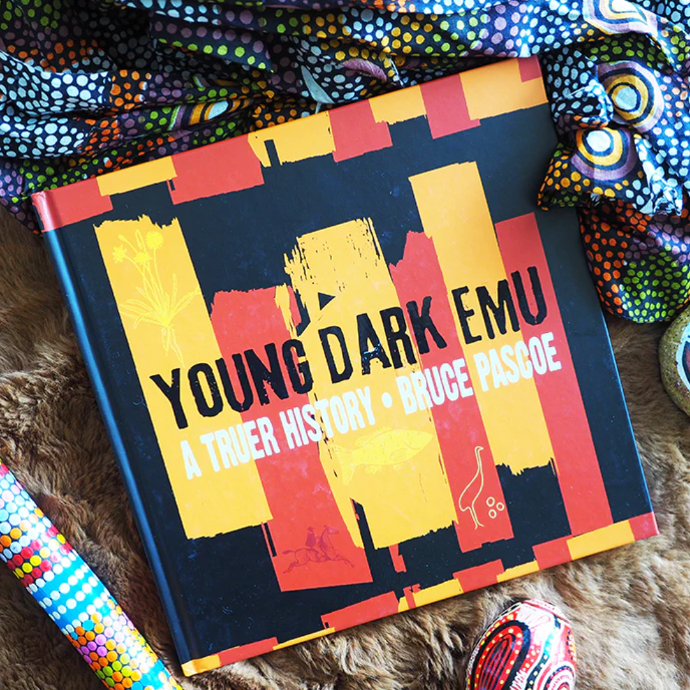
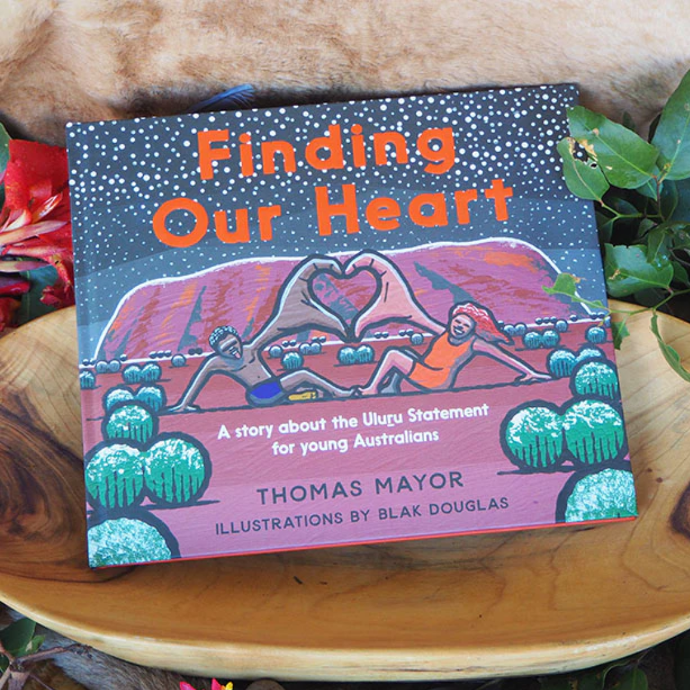
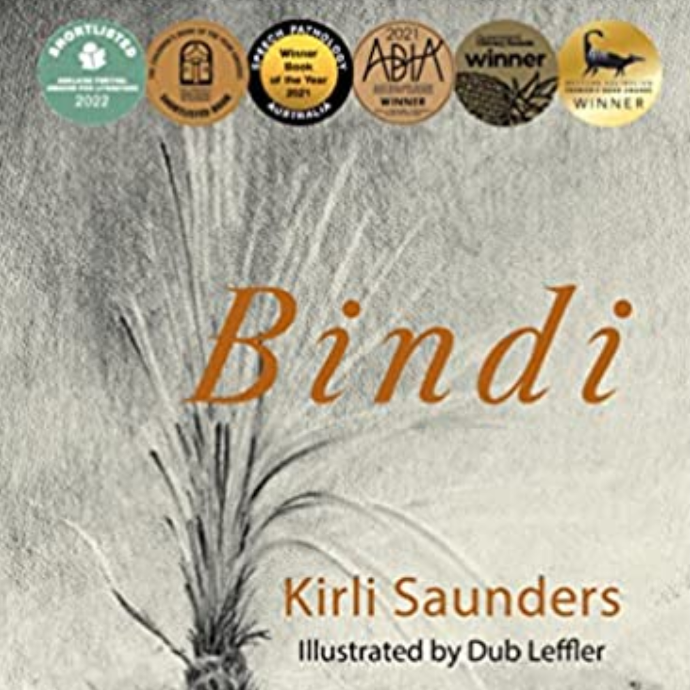
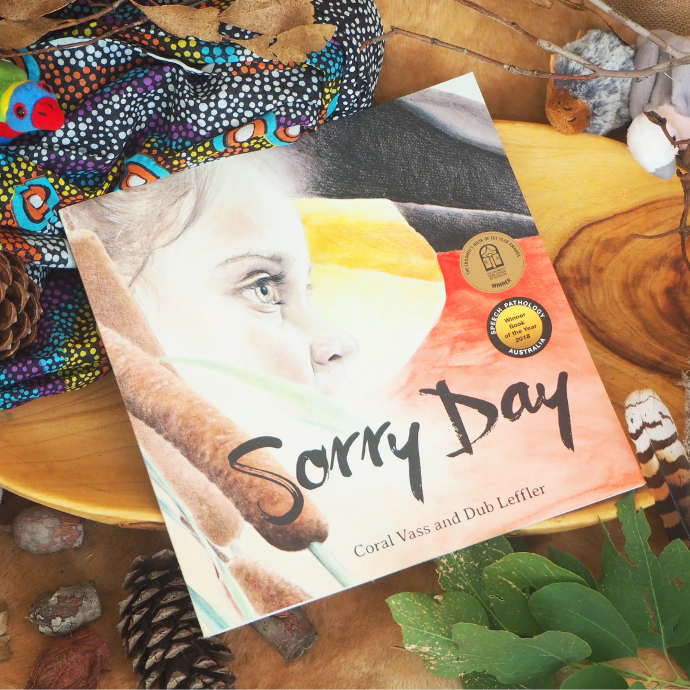
Books for Educators
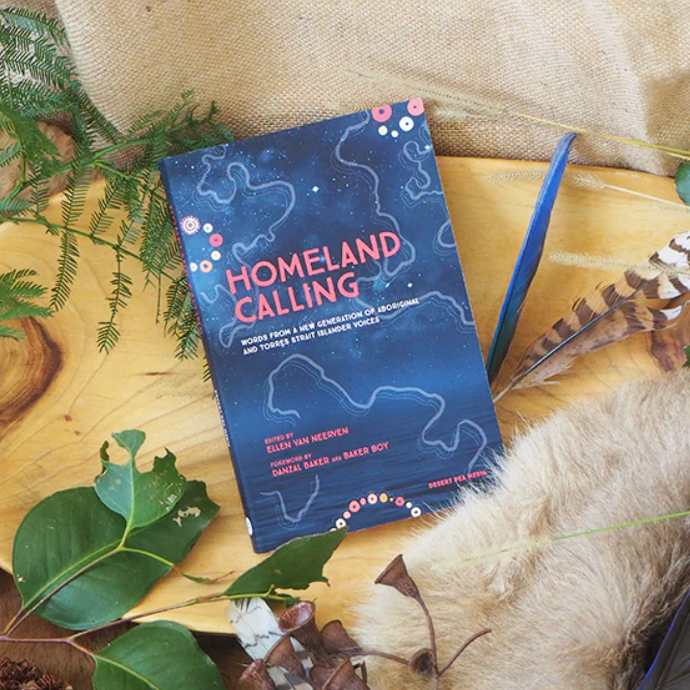
Homeland Calling:
Words from a New Generation of Aboriginal and Torres Strait Islander Voices
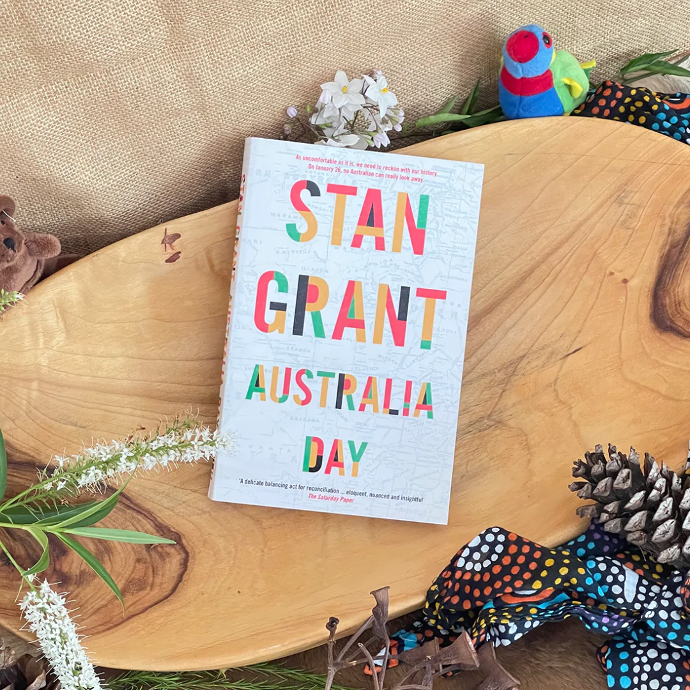
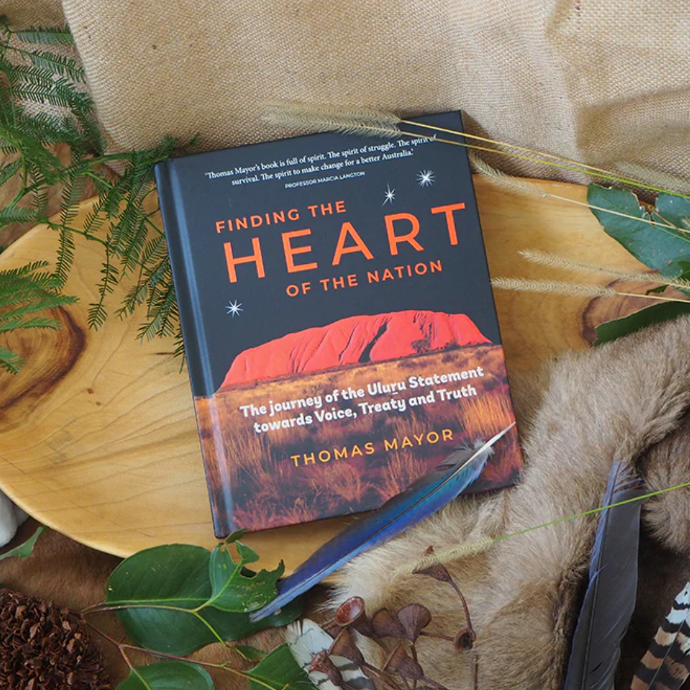
Finding the Heart of
the Nation: Journey of the Uluru Statement Towards Voice, Treaty and Truth
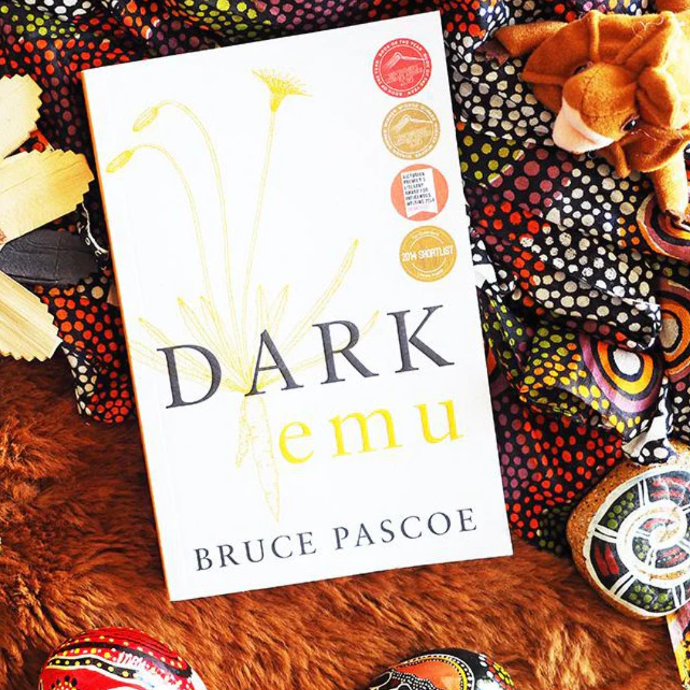
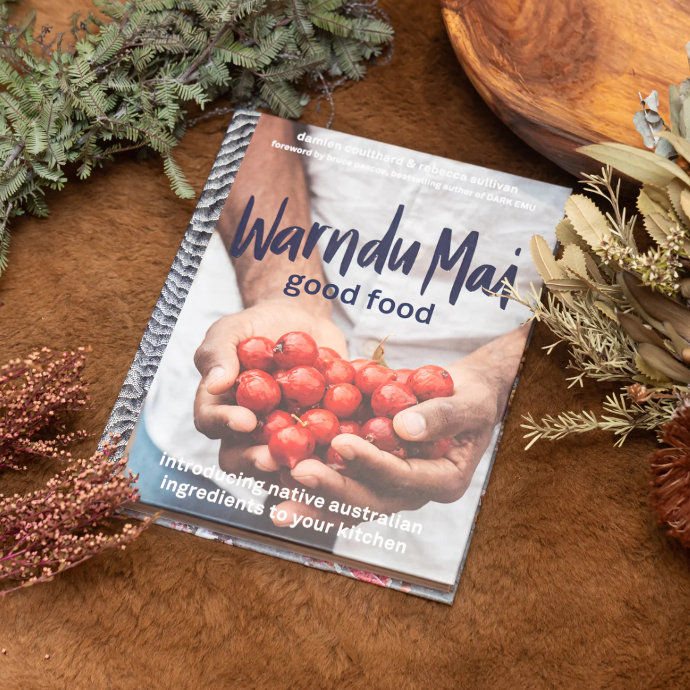
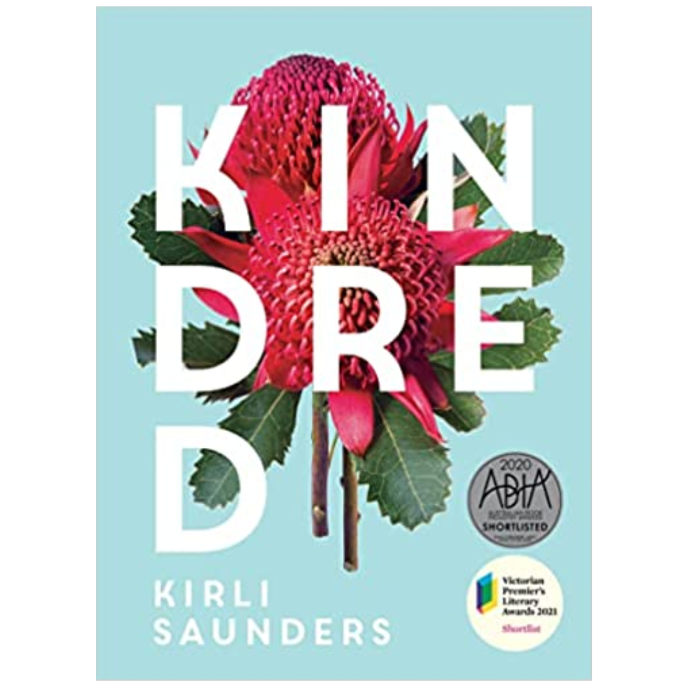
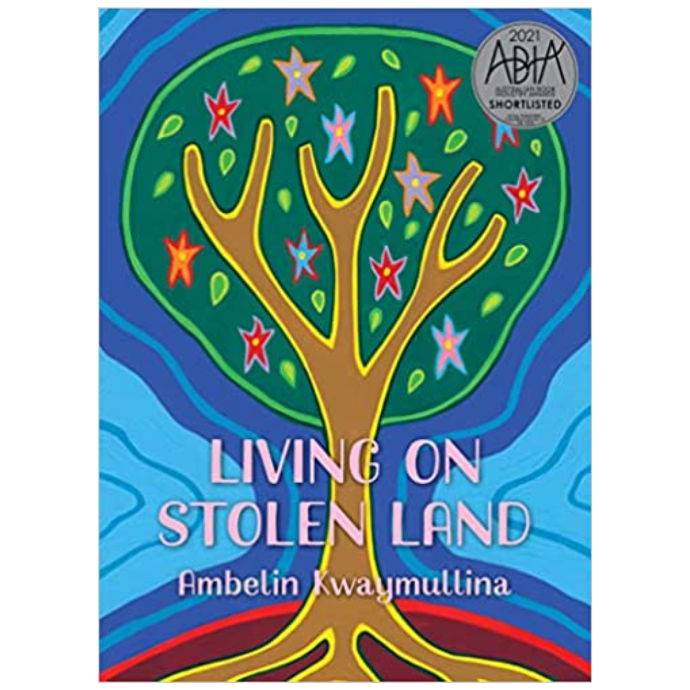
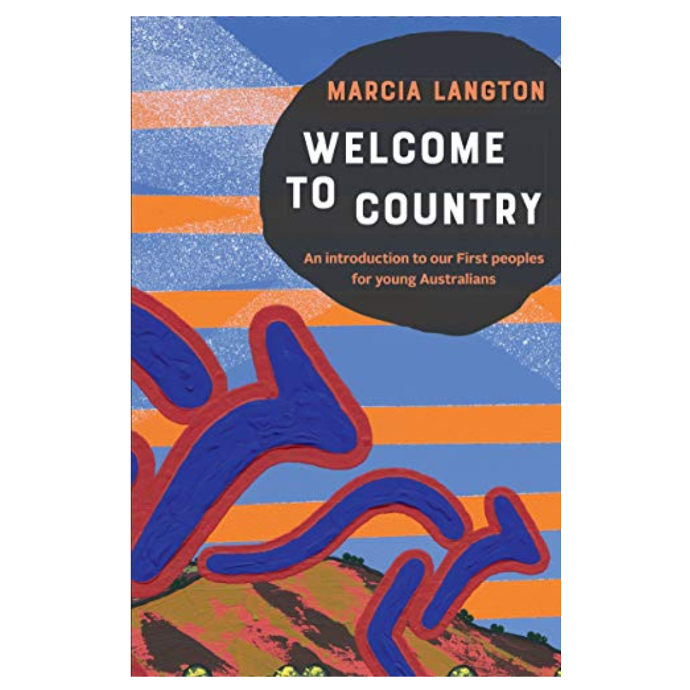
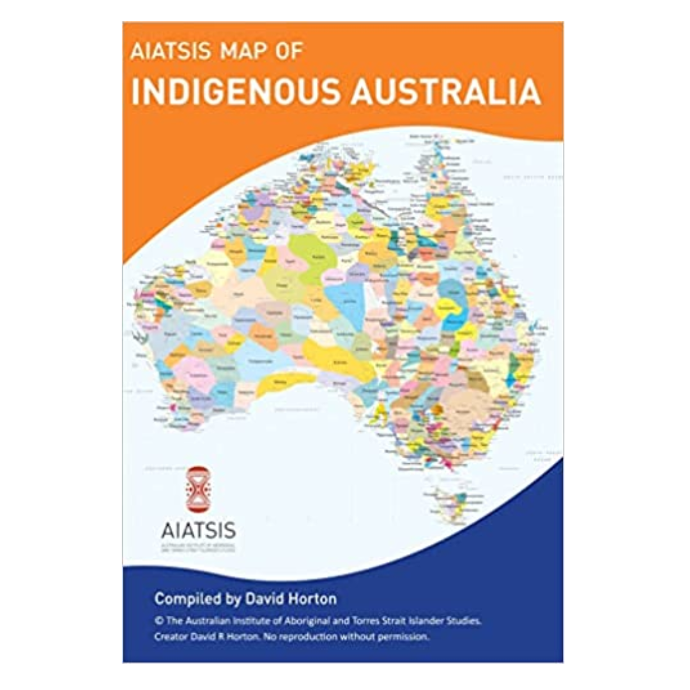
A1 fold AIATSIS map Indigenous Australia Map
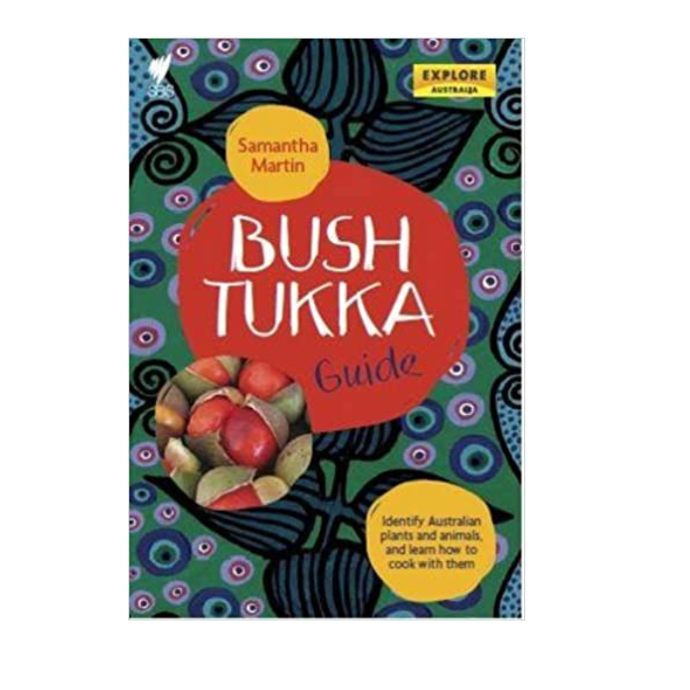
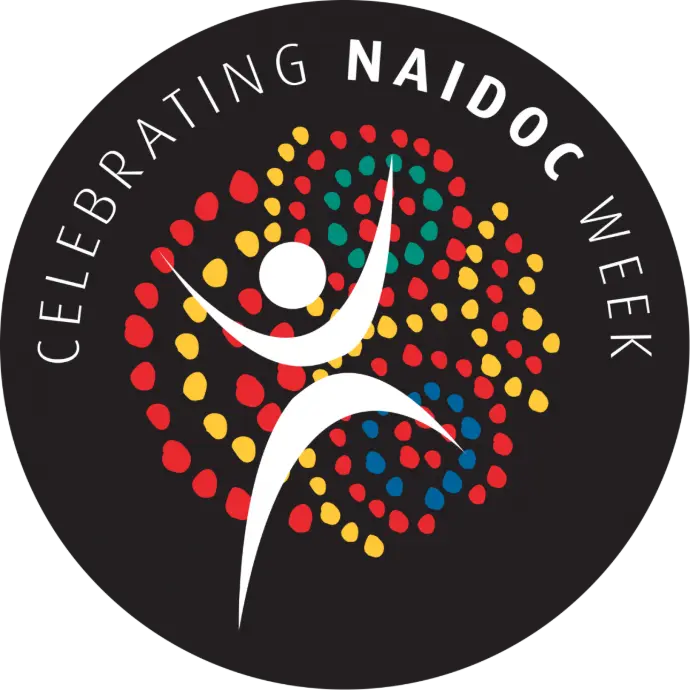
TOTES (The Online Teacher's and Educator's Symposium)
TOTE'S Resources
To celebrate 50 years of NAIDOC, we have the following resources currently available to view as a FREE trial in our Symposium:
- Cultural Inclusion- with Aunty Janice Rocca and Michelle Raikuna-Jones from Raindrops of diversity
- Making Cultural Connections - with Cecelia Wright and Jackie Bennett from Connecting the Dots through Culture
- Reconciliation Action Plans with Zoe from Narragunnawali
- Embedding Aboriginal Perspectives In Your Program - with Jessica Staines from Koori Curriculum
Websites for Professional Development and Resources:
Connecting the Dots through Culture
Indigenous Literacy Foundation
Gambay: A Map of Australia's First Languages
50 Words Project - First Languages Australia
Indigenous Seasonal Calendars - CSIRO
Australian Human Rights Commission - Building Belonging: A toolkit for early childhood educators (Cultural Diversity and responding to prejudice)
Photo Credit: Our Nangara - NAIDOC for Jajumms Event 2024
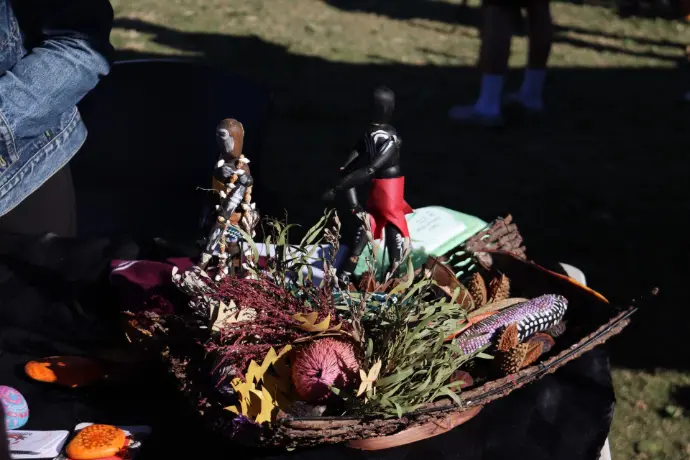
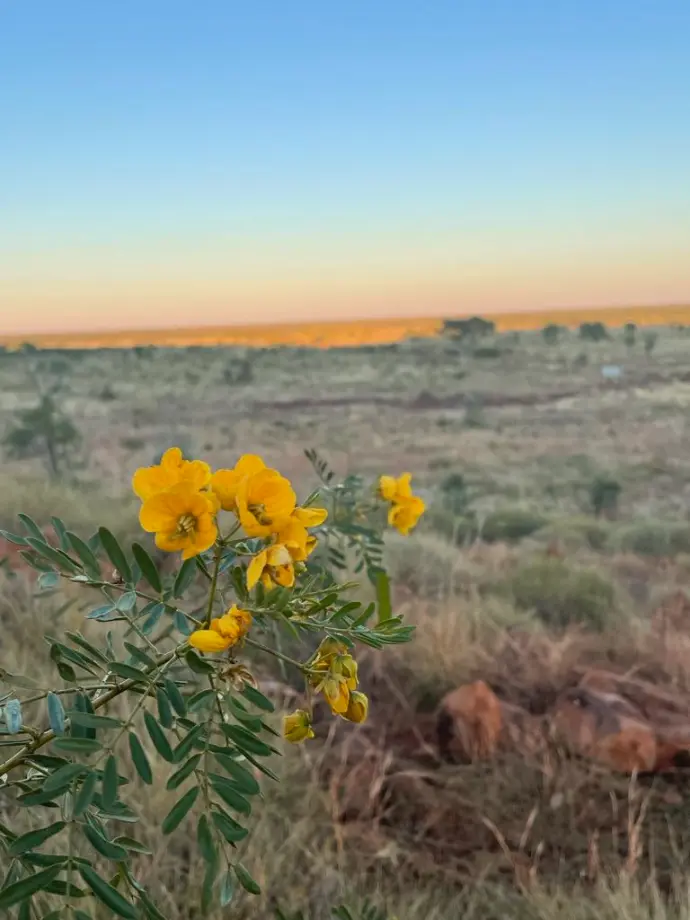
Acknowledgement of Country
At Phoenix Support for Educators, we respectfully acknowledge Aboriginal and Torres Strait Islander peoples as the Traditional Custodians of the lands on which we live, learn, and work. We honour their enduring connection to Country through the Land, Waters, Sky, Culture, Community and Kinship, a deep spiritual connection that has remained strong for over 65,000 years.
We pay our deepest respects to Elders past and present, and we recognise the strength and leadership of emerging Elders, The Next Generation. We remain committed to reconciliation, deep listening, and learning. Guided by the wisdom and vision of Aboriginal and Torres Strait Islander peoples, we walk alongside communities and their children, dedicated to creating spaces of respect, truth, and collective growth.
Photo Credit: Tara Hill, taken on Djaru Country in Western Australia.
